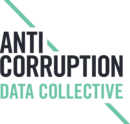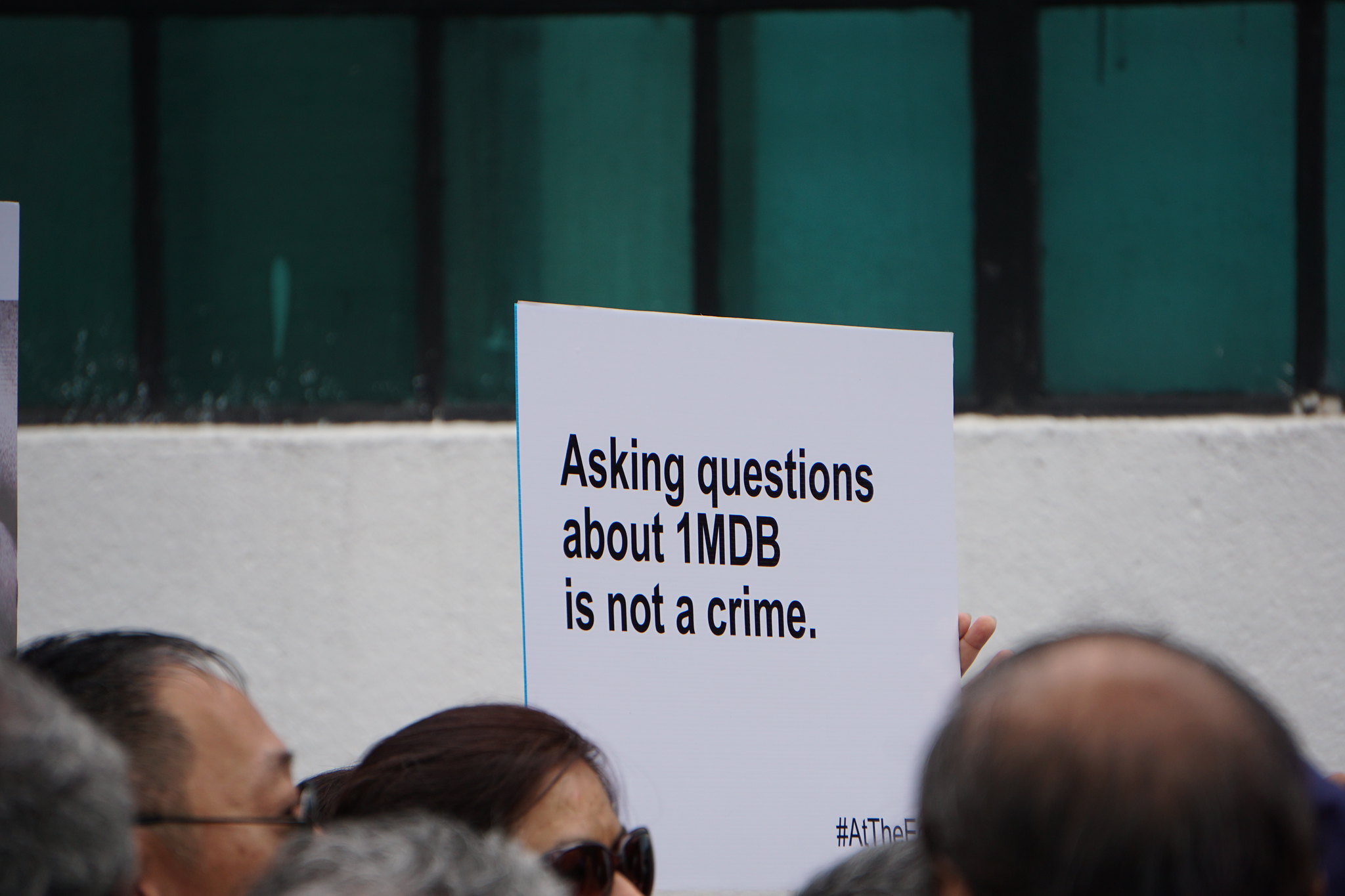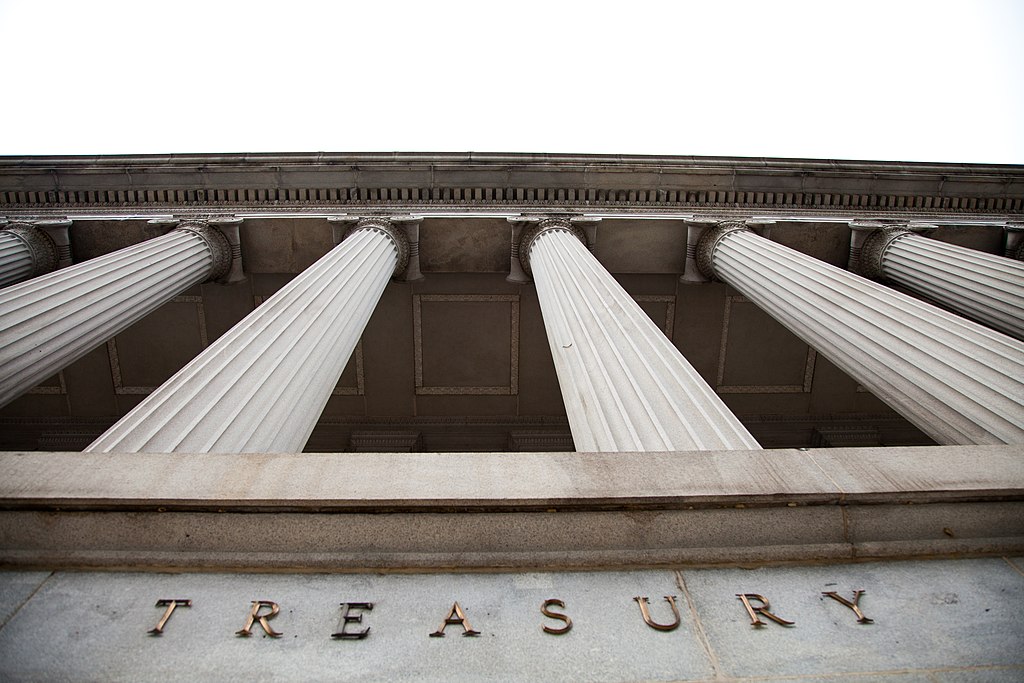Where is Texas’ congressional delegation in the fight against money laundering?

The state of Texas is at the front-line of the most heated issues in U.S. politics: migration, gun control, and abortion. The latter issue polarized even the recent Democratic primary for Texas’s 28th Congressional district, which represents the south of San Antonio to the Mexico border. The winning candidate was the incumbent, Henry Cuellar – one of less than a handful of Democrats who are staunchly anti-abortion. Much of the primary, and the press coverage thereof, was framed around the candidates’ stance on women’s right to choose.
But what has flown below the radar is Henry Cuellar’s opposition to the Corporate Transparency Act, the most critical piece of legislation in decades to tackle the problem of money laundering by drug dealers and corrupt actors. This is despite Texas’ role as a soft money-laundering target for Latin America. Ironically, the protection of the U.S. financial system against abuse by foreign kleptocrats has been one of the few policy issues to receive full-throated bipartisan support in Washington in recent years. So why does it seem to sit low on Cuellar and other Texan politicians’ list of priorities?
A tale of two hemispheres
With Russia’s invasion of Ukraine, Americans are becoming increasingly aware of the degree to which money laundering in the U.S. help bolster Putin and his cronies. From real estate to investment funds, U.S. assets provide a safe haven for corrupt cash, and a foothold from which to gain influence. But even while we continue to scrutinize Russian oligarchs’ U.S. assets, we should keep in mind that Latin America appears to be a far bigger source of illicit financial flows into the U.S. A 2021 review by Global Financial Integrity of 56 prosecutions by the U.S. Department of Justice between 2015 and 2020 found that the majority of money laundering cases involving U.S. real estate came from Latin America, especially Mexico. We need greater attention – from the public, by Congress, and civil society – on how corrupt officials and other bad actors in our own hemisphere take advantage of the weaknesses in our anti-money laundering system.
The ability to hide, protect, and grow ill-gotten gains in the U.S. is hugely damaging to the whole of the Americas. It means the U.S. financial system enables money laundering by traffickers of drugs, arms, and people, thereby facilitating the violence, murder, and sexual violence that is a direct result of these criminal sectors both in Latin America and the U.S. Latin America and the Caribbean is the most violent region in the world, with Central America in particular recording the highest rates of homicide in the region.
Additionally, ill-gotten gains channeled through corrupt officials, be it as bribes, kickbacks or other means of “political finance”, also make their way into U.S. assets. In some jurisdictions in Latin America and Caribbean, intertwined flows of dirty money between traffickers and corrupt actors in the private and public sectors have created narco-states – that is, countries where senior political officials take money from traffickers to look away or, worse, facilitate that trafficking. In April, the former president of Honduras, Juan Orlando Hernández, was extradited from the U.S. to face justice for his role as what the DEA describes as “a central figure in one of the largest and most violent cocaine trafficking conspiracies in the world.” Also in April, the Prime Minister of the British Virgin Islands was arrested in a sting by U.S. agents posing as cocaine traffickers from a Mexican drug cartel.
Sadly, Texas exemplifies the soft underbelly of the U.S. financial system that lies exposed to the proceeds of such corrupt schemes. Despite major federal anti-money laundering reforms following 9/11, the state continues to serve as a destination for kleptocrats, corrupt actors, and drug traffickers to launder their money through the purchase of commercial and residential real estate as well as other luxury assets.
Borderline criminality
As reporting by The Texas Observer, in collaboration with ACDC, has shown, former government officials in Mexico who stole tens of millions from taxpayers could channel their ill-gotten gains to “friendly” Texan banks. Nearly $30 million in bribes and money “outright stolen from Mexican state governments” are estimated to have flowed through one bank involved in the scheme over four years.
The Observer reports:
“Those dollars and funds from similar laundering schemes went into property and real estate investments purchased with dirty money stolen from Mexican taxpayers. Beachfront condos on South Padre Island. An opulent, nearly-8,000-square-foot home behind a popular barbecue chain west of Austin. A mansion overlooking a golf course outside Houston. Luxury automobiles. Airplanes. Others were less flashy: A pharmacy in San Antonio. Almost every commercial property at a busy intersection in Brownsville. Empty lots slated for development in San Antonio and South Padre Island.”
Investigations into these schemes from 2012 to 2017 led to indictments for nearly 20 people who laundered more than $100 million stemming from theft and embezzlement of public funds, bribery, and to a lesser extent, drug trafficking. Unfortunately, those Department of Justice (DOJ) investigations and prosecutions came to a stop in 2018, when, according to the Texas Observer “almost all prosecutions in South Texas took a back seat to immigration cases early in Trump’s presidency.”
Corruption and organized crime are key drivers of the irregular migration that occupies so much of the U.S. policy discussion about the border. Yet among all manner of interventions attempted over the years, closing the loopholes that allow criminal groups to exploit the U.S. financial system has somehow barely seemed to figure.
Lone-star rating
Things may be looking up. In Congress and the Biden Administration, we are starting to see real signs of leadership in tackling the loopholes in the U.S. financial system that facilitate money laundering. In December 2020, Congress passed the Corporate Transparency Act, which, once implemented, will make it much harder to set up an anonymously owned company in the U.S. The Treasury Department is exploring new requirements that would make money-laundering in U.S. real estate much more difficult. The ENABLERS Act, proposed in the wake of the Pandora Papers, would require trust companies, lawyers, art dealers and others to examine the source of money and other assets that move into the American financial system. It recently entered the House Defense Authorization Act for 2023, greatly increasing its chances of passing into law. In this, the support of the bipartisan Caucus Against Foreign Corruption and Kleptocracy has been crucial.
Texan politicians could do much more. Only one member of the “Klepto Caucus” is from Texas – Representative Sheila Jackson of Houston. Florida and Ohio have two members apiece. Of the five House Democrats who voted against the Corporate Transparency Act, two were from South Texas: Henry Cuellar, as mentioned above, and Vicente Gonzalez.
The Russian invasion of Ukraine helped adjust the sense of urgency for tackling the loopholes in our financial system. It led to the establishment of the multi-agency KleptoCapture task force in the U.S. also helped launch the Russian Elites, Proxies, and Oligarchs (REPO) multilateral task force together with the European Union and seven other countries. The invasion has also given a lift to civil society efforts to increase funding for institutions like the Financial Crime Enforcement Network (FinCEN), which receives and validates Suspicious Activity Reports from banks and then shares those reports with relevant law enforcement.
Yet the new initiatives are focused entirely on Russian assets, overlooking how corrupt and criminal networks operate globally, with Latin America and the Caribbean acting as a critical entry point for illicit goods, and their proceeds, to enter the U.S.. Illicit actors from both China and Russia have been known to partner with cartels in Latin America. States like Texas on the southern border will continue be convenient targets for stashing and cleaning the proceeds of transnational crime and corruption.
So, what can Texas’ Congressional leaders do?
1) Hold a hearing involving experts from civil society, academia and government agencies to outline strengths and weaknesses in the existing U.S. anti-money-laundering system and how they may support or hinder anti-corruption efforts in Latin America and the Caribbean.
2) Support the creation and implementation of a strong rule for regulating against money laundering through real estate.
3) Support the swift and effective implementation of the Corporate Transparency Act.
4) Support the finalization and implementation of rulemaking by Treasury and the SEC that addresses the money-laundering risks posed by opacity in private investment funds.
5) Support the passage of the ENABLERS Act into law.
6) Join Representative Sheila Jackson in membership of the Caucus Against Foreign Corruption and Kleptocracy.
Those of us in civil society and advocacy communities in Washington could also do more. This includes building bridges with good governance and social justice organizations in places like South Texas, which can be powerful voices for change and help bring home the message that U.S. financial secrecy fosters the conditions that exacerbate instability south of the border, and contribute to wealth disparities as hard-working Americans are forced to compete for land and property that is bought up by massive illicit flows seeking safe investments.
For too long, weak points in the U.S. AML framework have been facilitating crime and corruption on a terrible scale. It’s our mess, and it’s time to clean it up.




